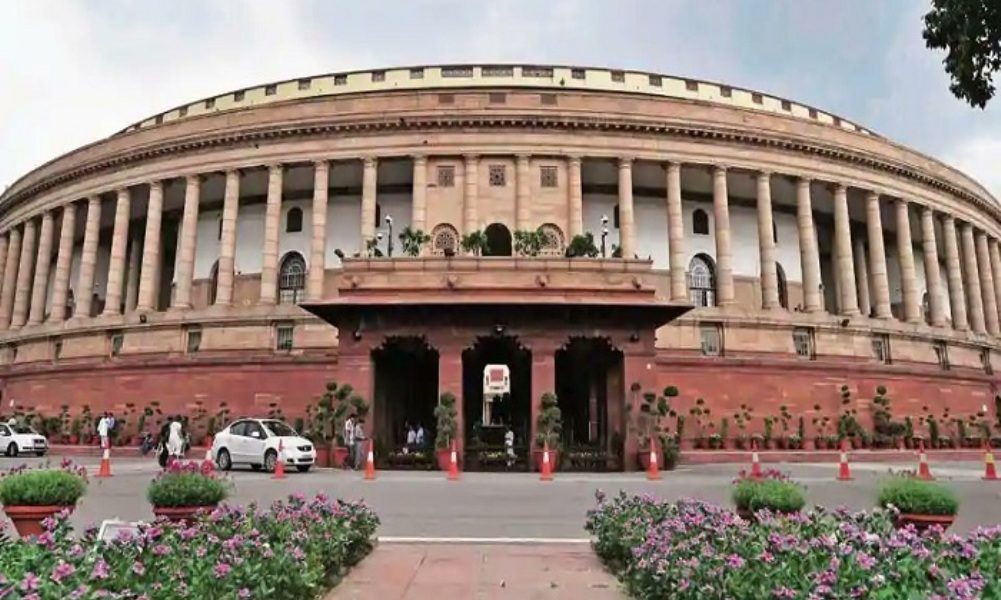Shivangi Prakash-
Published on: August 23, 2021, at 09:35 IST
The Madras High Court recently issued an order questioning why Southern States like Tamil Nadu and Andhra Pradesh, which have effectively regulated populations, will have fewer members in Parliament than States like Uttar Pradesh, Bihar, Rajasthan, and Madhya Pradesh, which have a large population.
The order was issued on August 17 by a bench of Justices N Kirubakaran and B Pugalendhi, before Justice Kirubakaran retired.
“Can successful implementation of family planning programmes of the Central Government be put against the people of the State by taking away political representations in the Parliament,” the Court asked.
Tamil Nadu had 41 representatives in the Lok Sabha until 1962, according to the report. However, due to population decline, the number of Lok Sabha constituencies in Tamil Nadu was reduced by two seats to 39 following a delimitation procedure.
“Since the population has been brought down by successfully implementing a national programme for family planning, the political representations in the Parliament have been reduced from 41 to 39, which is very unfair and unreasonable. Normally, a State Government has to be honored and complimented for successfully implementing Central Government’s policies and projects, etc., and interests of such State cannot be adversely affected,” the Court said.
The Court stated that population limitation is necessary to avoid severe shortages of natural resources and public facilities, noting that India’s population is currently about 138 crores, second only to China.
The Bench went on to say that every vote counts, referring to the 1999 no-confidence motion against the NDA government of Atal Bihari Vajpayee.
The State had no culpability because the number of political members was lowered due to population counts, the Court observed, adding that the State’s Rajya Sabha seat quota should be adjusted in that circumstance.
The Bench opined “When existing political representatives were reduced based on population count, for no fault of the State, the State should be compensated either by way of compensation or by way of additional representation in Rajya Sabha.”
According to the Court, the Union Government should do justice to States that successfully implement birth control programmes under the Central Government’s policy.
The Court proposed that such States be rewarded monetarily or by having their Rajya Sabha representation increased.

